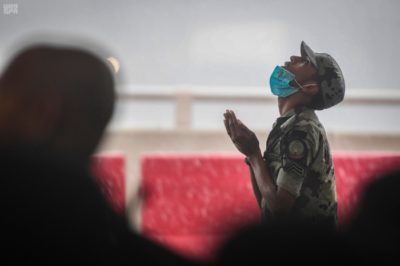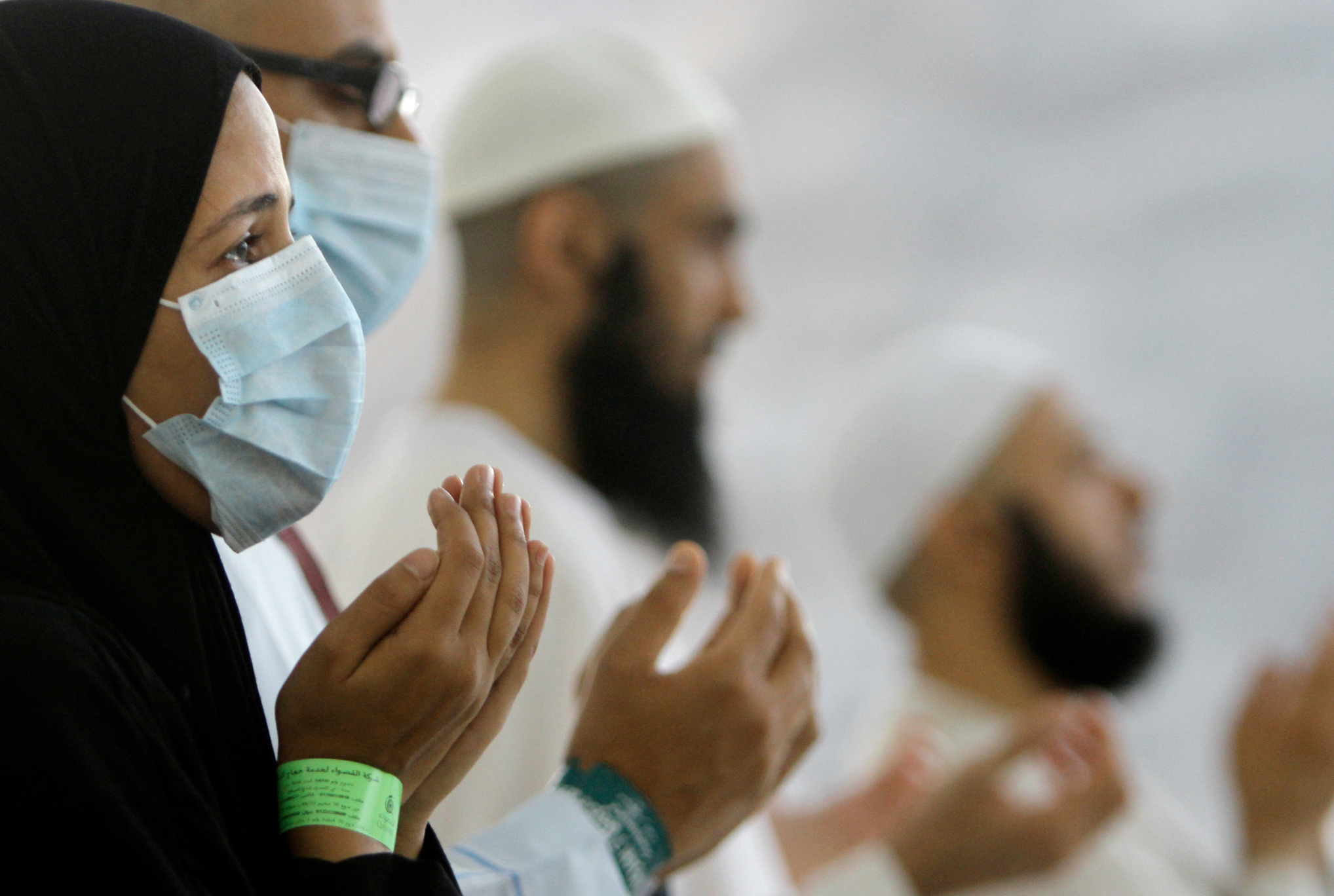Saudi Arabia’s leaders said Monday the Kingdom will still allow for a “limited” Hajj which is open only to a small number of pilgrims who are already based in Saudi Arabia as they seek to stop the spread of the novel Coronavirus, according to reports.
The decision to ban international travelers from visiting Saudi Arabia this year and allowing only a limited number of Saudi citizens and residents to make the pilgrimage with social distancing measures enforced is a difficult one for Saudi Arabia. This will be the first year in modern times – over 90 years – that Muslims from around the world have not been allowed to make the annual pilgrimage to Mecca. As the New York Times notes, the pilgrimage “has been canceled many times throughout history because of wars and disease, but has faced no significant limits on attendance since the mid-1800s, when outbreaks of cholera and plague kept pilgrims away for a number of years.”

The number of coronavirus cases in Saudi Arabia has exceeded 160,000 after a recent spike.
The Hajj is a pillar of Islam and the largest annual human migration, one that every Muslim is asked to make once in their lifetime.
It is also big business for Saudi Arabia. The Hajj generates around $6 billion in revenue for the government every year.
“This decision is taken to ensure Hajj is performed in a safe manner from a public health perspective while observing all preventative measures and the necessary social distancing protocols to protect human beings from the risks associated with this pandemic and in accordance with the teachings of Islam in preserving the lives of human beings,” the ministry that oversees pilgrimages said in a statement.
The Hajj would be limited to around 1,000 local citizens and residents to prevent the spread of the new coronavirus, and those selected will meet a “strict health criteria,” to exclude pilgrims of advanced age.
Saudi Arabia maintains a 24-hour curfew in Mecca, but has opened up most cities in the Kingdom again this week.
“The government of the Custodian of the Two Holy Mosques is honored to serve millions of Hajj and Umrah pilgrims annually and it confirms that this decision stems from the top priority it accords maintaining the safety of pilgrims on its land until they depart to their home countries,” the government statement said.









